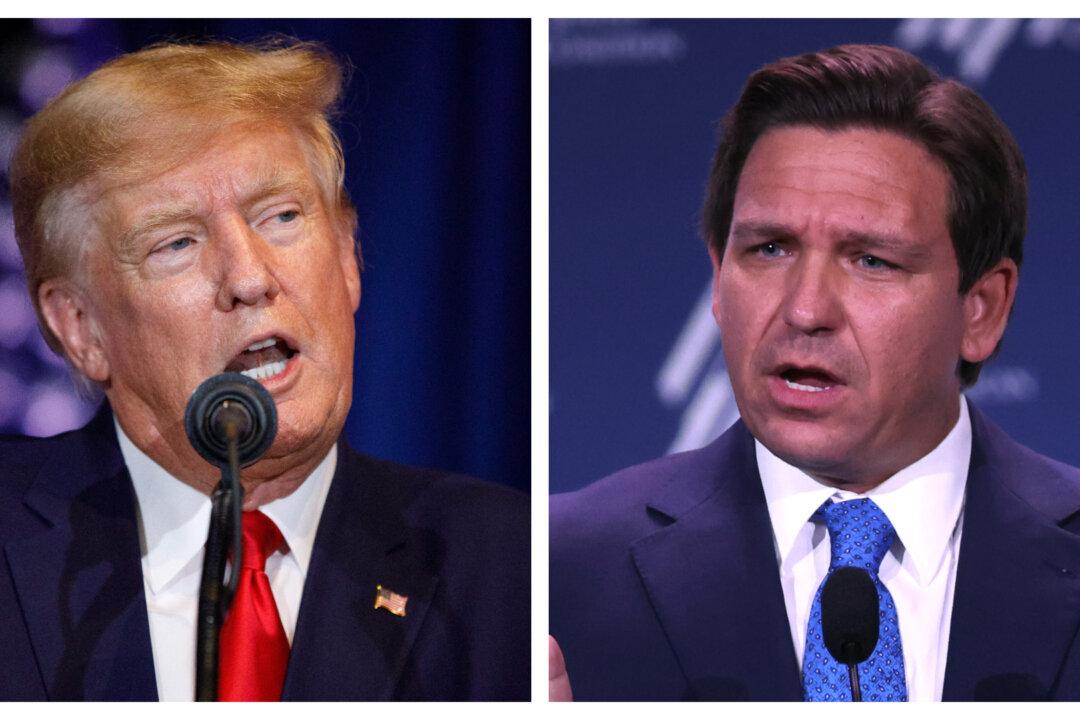News Analysis
As more Republicans challenge Donald Trump in the race for the party’s 2024 presidential nomination, the former president’s dramatic impact on the GOP is becoming clearer.

As more Republicans challenge Donald Trump in the race for the party’s 2024 presidential nomination, the former president’s dramatic impact on the GOP is becoming clearer.